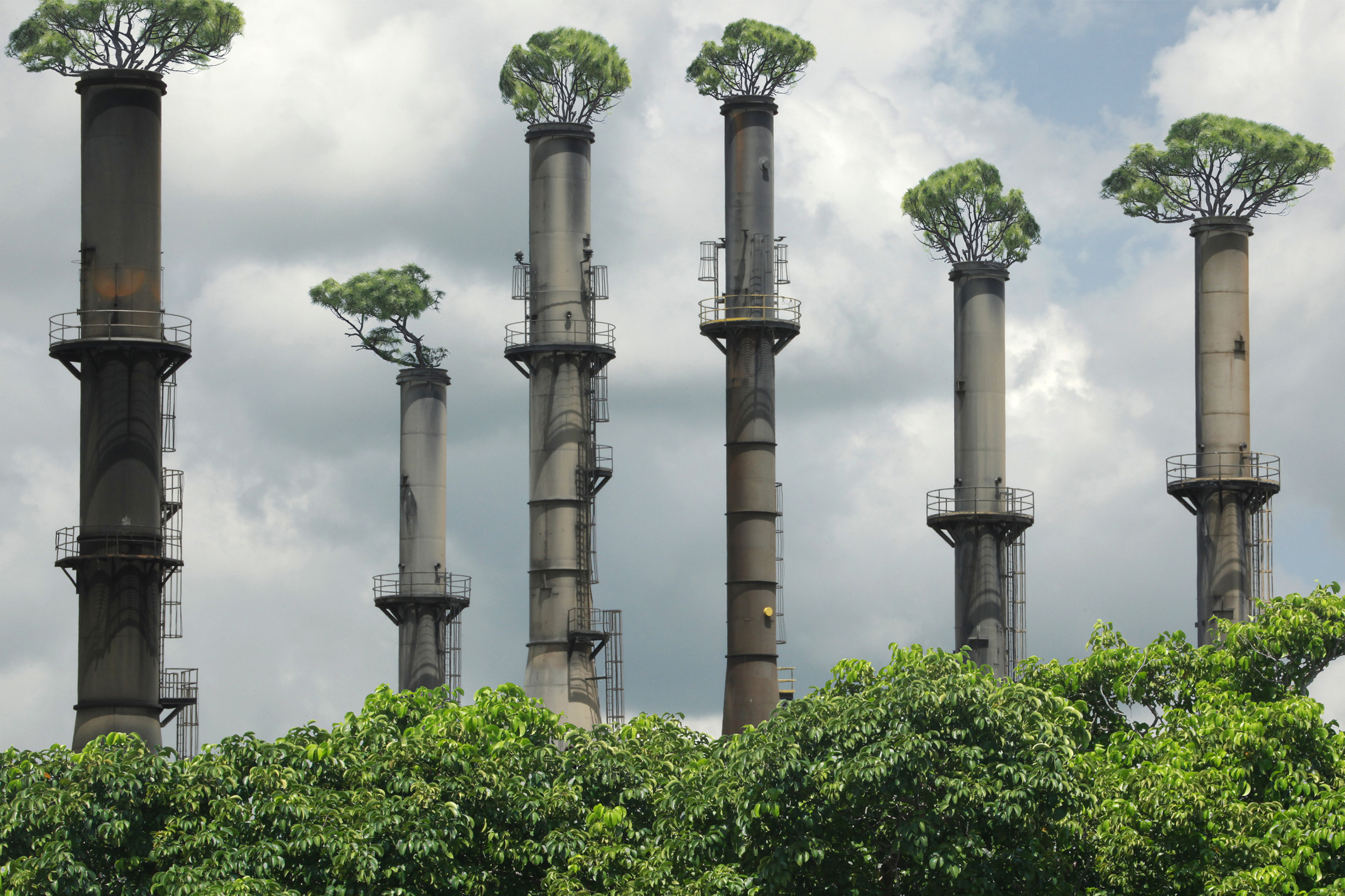Última actualización: 26/03/2021
At Grupo Santander, we’ve already reached our goal of becoming carbon neutral in our own operations. Now, we’re now taking another step to tackle climate change and move towards a green economy, with decisive initiatives on decarbonization to be net zero by 2050. What does that mean and what measures are we going to take?
What is decarbonization?
Decarbonization is the process required to reduce emissions of greenhouse gases containing carbon dioxide. When a country or an institution starts to decarbonize, it is implementing an action plan with measures to reduce those emissions. This is precisely what Santander has done.
How are carbon emissions produced?
We all know CO2 gas emissions are the main cause of global warming. According to the European Commission's Directorate-General for Climate Action (DG CLIMA), the concentration of these gases in the atmosphere is 40% higher than when industrialization began.
While CO2 emissions can occur naturally, human activity causes most of them by burning fossil fuels (gas, coal and oil) for energy or through deforestation, intensive livestock breeding and nitrogen-based fertilizers.
Climate change is a reality and, if it continues, it will have a severe impact on progress, the economy, health and people’s future. We’re already witnessing the polar ice caps gradually melting, the oceans warming up and sea levels quietly rising in addition to more frequent extreme weather events that lead to massive losses to the economy and human life.
It is now time to take swift and decisive action. Decarbonization is a key goal for countries, governments and companies.
How can we decarbonize?
Decarbonization is a long and complex journey that must follow a clear road map. When countries and institutions execute a plan to decarbonize the economy, the actions and measures they take aim to reduce greenhouse gas emissions gradually by cutting down dependence on pollutant fossil fuels for energy and other things.

What will Santander do to decarbonize?
After meeting our goal of becoming carbon neutral in our own operations by 2020, we’ve set our sights on achieving "net zero" emissions group-wide by 2050 to back the Paris Agreement on Climate Change. Preliminary goals in our decarbonization plan include ceasing financial services to customers from the electricity industry if more than 10% of their revenues depend on coal; and no longer lending to coalmining operations worldwide, which is a key step in our fight against climate change.
Santander continues to work hand in hand with customers, knowing that a low-carbon economy requires concerted efforts with clear measures and opportunities that support their transition and meet our net-zero emissions goal.















